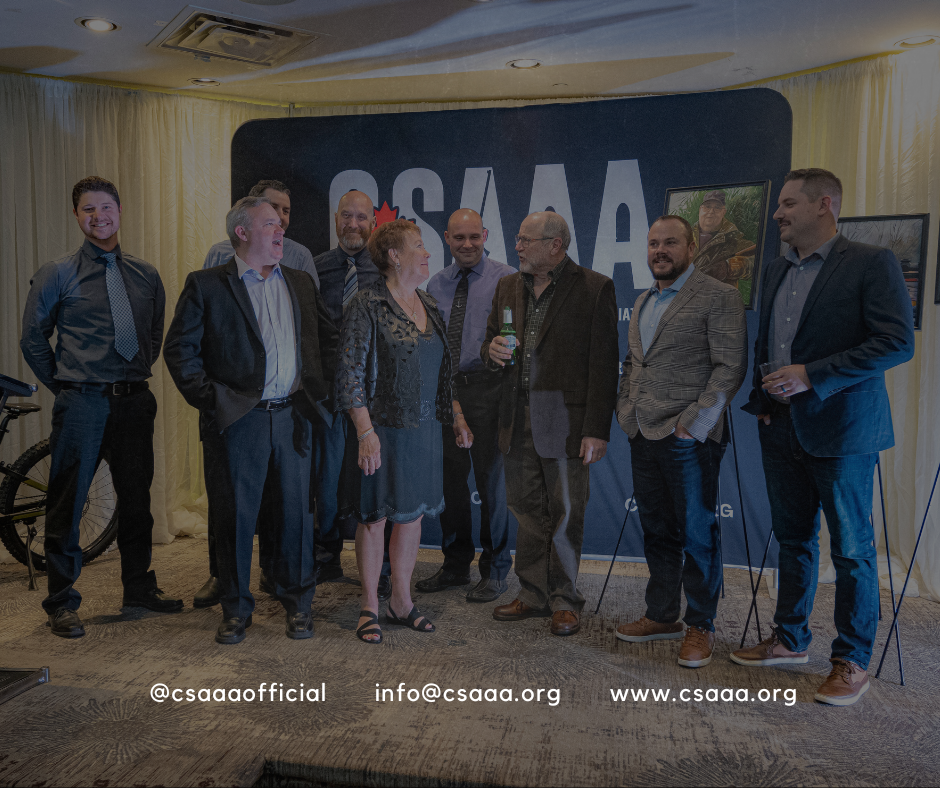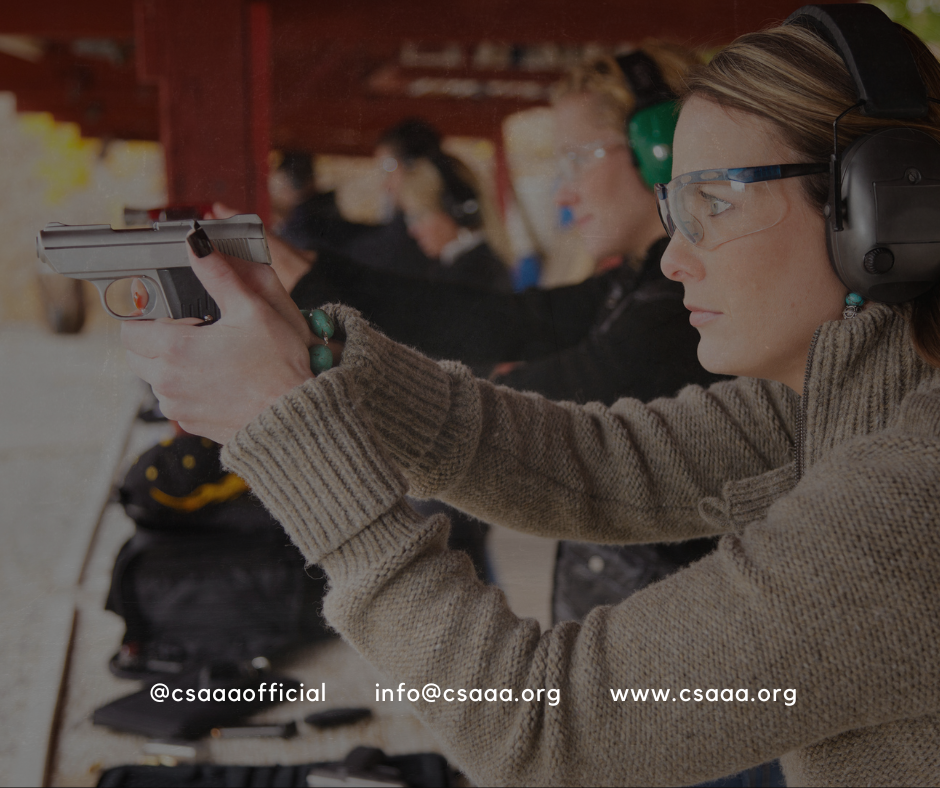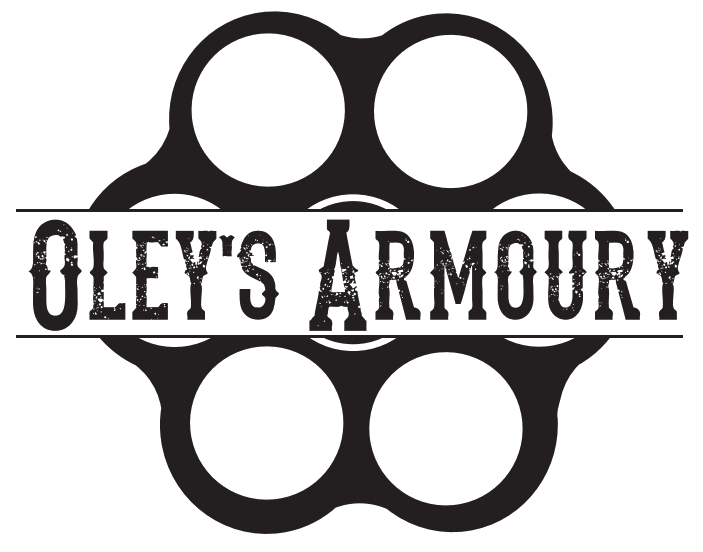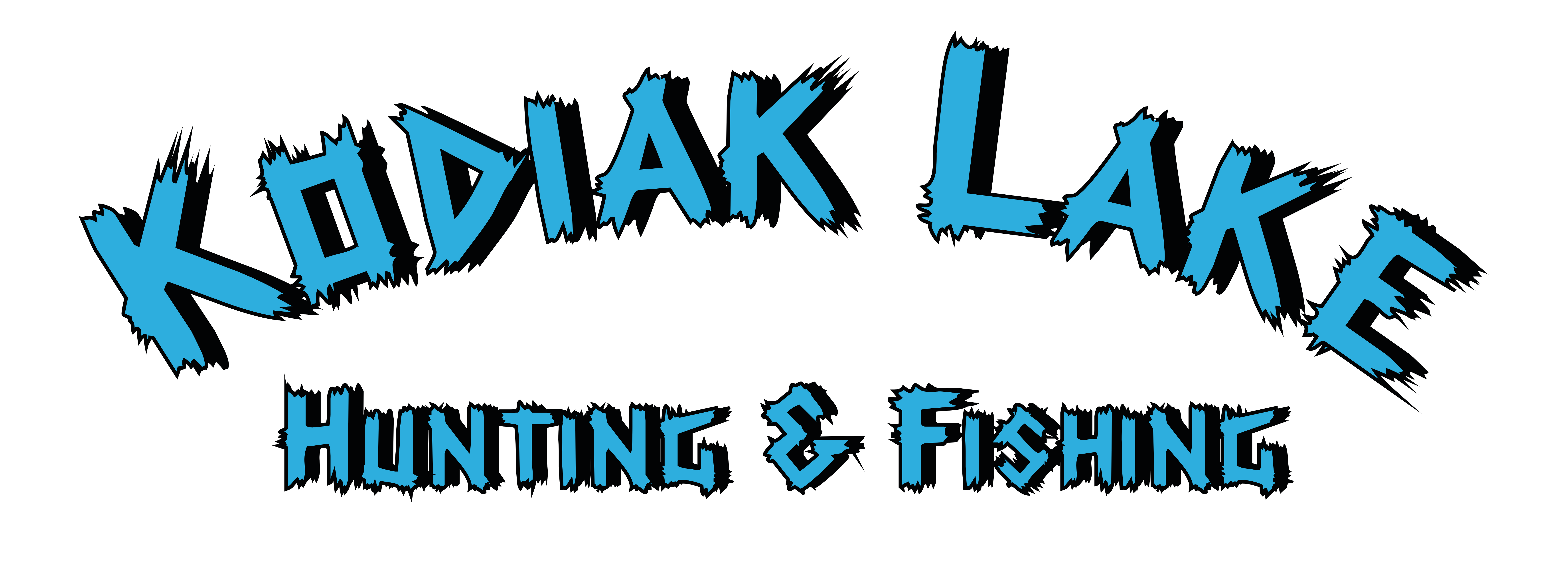In Canada, the hunting and firearm industry, along with the hunting and sport shooting community, have long been intertwined, driving not only economic growth but also cultural heritage. However, recent prohibitions of handguns and sporting rifles threaten to destabilize this longstanding tradition, with significant repercussions for businesses, sport shooters and hunters alike.
According to data from the CSAAA Business Survey conducted in November 2018, a staggering percentage of firearms business owners express grave concerns about the potential prohibition of handguns and semi-automatic rifles or shotguns. The survey indicates that 42% of firearms business owners believe a handgun ban would have a “devastating” effect on their operations, while 28% anticipate a “very negative” impact. Similarly, 52% of sporting arms businesses foresee a “devastating” effect from a ban on semi-automatic rifles or shotguns, with 30% expecting a “very negative” outcome.
These concerns are not unfounded. Already, businesses in the sector are experiencing closures and significant reductions in operations. The ripple effects will are being felt across the entire industry. Member-driven ranges, vital not only for sport shooters but also for law enforcement training, are at risk of closure, depriving law enforcement officers of essential practice, and communities of essential resources.
It’s obvious that the focus should be on addressing criminal activity rather than implementing sweeping bans that only affect law-abiding citizens and legitimate businesses. Prohibitions driven by political agendas often fail to address the root causes of crime while inflicting substantial economic damage.
The consequences of such prohibitions extend beyond the firearm industry. With the elimination of handgun sales and restrictions on modern sporting rifles, the availability of essential equipment and ammunition will diminish. Import costs, availability for the Canadian market and this scarcity will inevitably drive-up prices, making it more challenging for hunters to access the tools they need for their activities. This includes Indigenous hunters and sustenance hunters.
Canadian hunting and firearm business owners are resilient, but they face an uncertain future. Navigating through these challenges requires a balanced approach that acknowledges both the concerns for public safety and the preservation of lawful activities and businesses. Collaborative efforts between policymakers, law enforcement, industry stakeholders, and community members are essential to finding effective solutions that address societal concerns without unduly burdening lawful gun owners and businesses.
The prohibitions on handguns and sporting rifles threatens not only the viability of businesses but also the cherished traditions of hunting, conservation, and sport shooting in Canada.
Instead of punitive measures, policymakers should focus on evidence-based strategies to combat crime while preserving the rights and livelihoods of law-abiding citizens and the industries that support them. We look forward to working with the next government to help rectify the harmful decisions made by the current government













